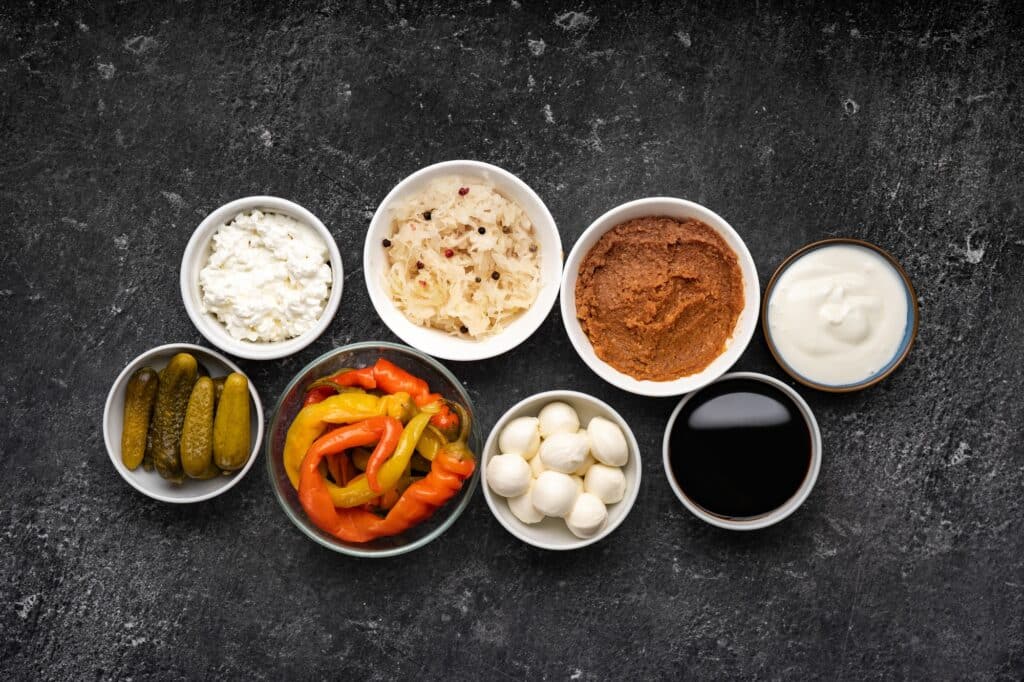The world of sports nutrition often focuses on protein, carbs, and fats. But there’s another player that’s gaining increasing recognition: the gut microbiome. This complex ecosystem of bacteria living within the digestive tract can influence nutrient absorption, inflammation, and overall recovery—key factors that determine an athlete’s readiness to train and compete.
If you’re aiming for the CISSN certification or seeking to refine your nutritional strategies, understanding the gut’s inner workings can give you a competitive edge. After all, if an athlete isn’t effectively absorbing nutrients, even the most meticulously planned diet may fall short of its performance-enhancing potential. That’s why professionals often look beyond macros, tapping into the latest research on probiotics, prebiotics, and gut health interventions.
The Microbiome’s Role in Athlete Performance
The gut microbiome comprises trillions of microorganisms that interact with the body’s systems. These bacteria help break down food, synthesize vitamins, and even influence the immune system. For athletes, a balanced microbiome can mean improved digestion, reduced gastrointestinal distress, and more efficient energy utilization.
But the benefits extend beyond digestion. Certain strains of beneficial bacteria are linked to lower markers of inflammation—a critical factor in athletic recovery. Less inflammation means quicker rebounds from training sessions and reduced downtime due to muscle soreness or overuse injuries.
Strategies to Optimize Gut Health
- Increase Dietary Fiber: Whole grains, fruits, and vegetables support beneficial bacteria. Including a variety of plant-based fibers promotes a diverse gut flora, which can lead to more robust nutrient absorption.
- Probiotic & Prebiotic Foods: Fermented foods like yogurt, kefir, kimchi, and kombucha contain live cultures that can improve gut function. Prebiotic fibers (in foods like garlic, onions, and bananas) serve as fuel for these healthy bacteria.
- Individualized Approaches: Every athlete’s gut microbiome is unique. Experimenting with different probiotic strains or fiber sources can help athletes discover what combination best supports their performance.
Inflammation & Immune Support
A well-balanced microbiome can help regulate the immune system, potentially leading to fewer illnesses and less training time lost. By reducing inflammation, the gut can support more consistent performance and a smoother path toward peak conditioning. For endurance athletes, for instance, stable gut health can improve nutrient timing and utilization during long bouts of exercise, enhancing both performance and recovery.
Recovery & Adaptation
Optimal gut health also plays a role in how athletes adapt to training. When muscles are repeatedly stressed, recovery is crucial for making gains. Healthy gut flora supports this process by aiding in nutrient absorption—especially proteins and amino acids essential for muscle repair. A well-functioning gut can help ensure that you’re not just consuming quality nutrients, but also efficiently delivering them to tissues in need of repair.
Preparing for the CISSN Exam and Beyond
As scientific understanding of the gut microbiome expands, sports nutrition professionals must keep pace. For those preparing for the CISSN Prep Course by GIFTED Academics, this topic is not only relevant to passing the exam but also to excelling in the field. Incorporating microbiome-friendly strategies can set athletes apart when it counts most—on the field, in the gym, or at the finish line.





